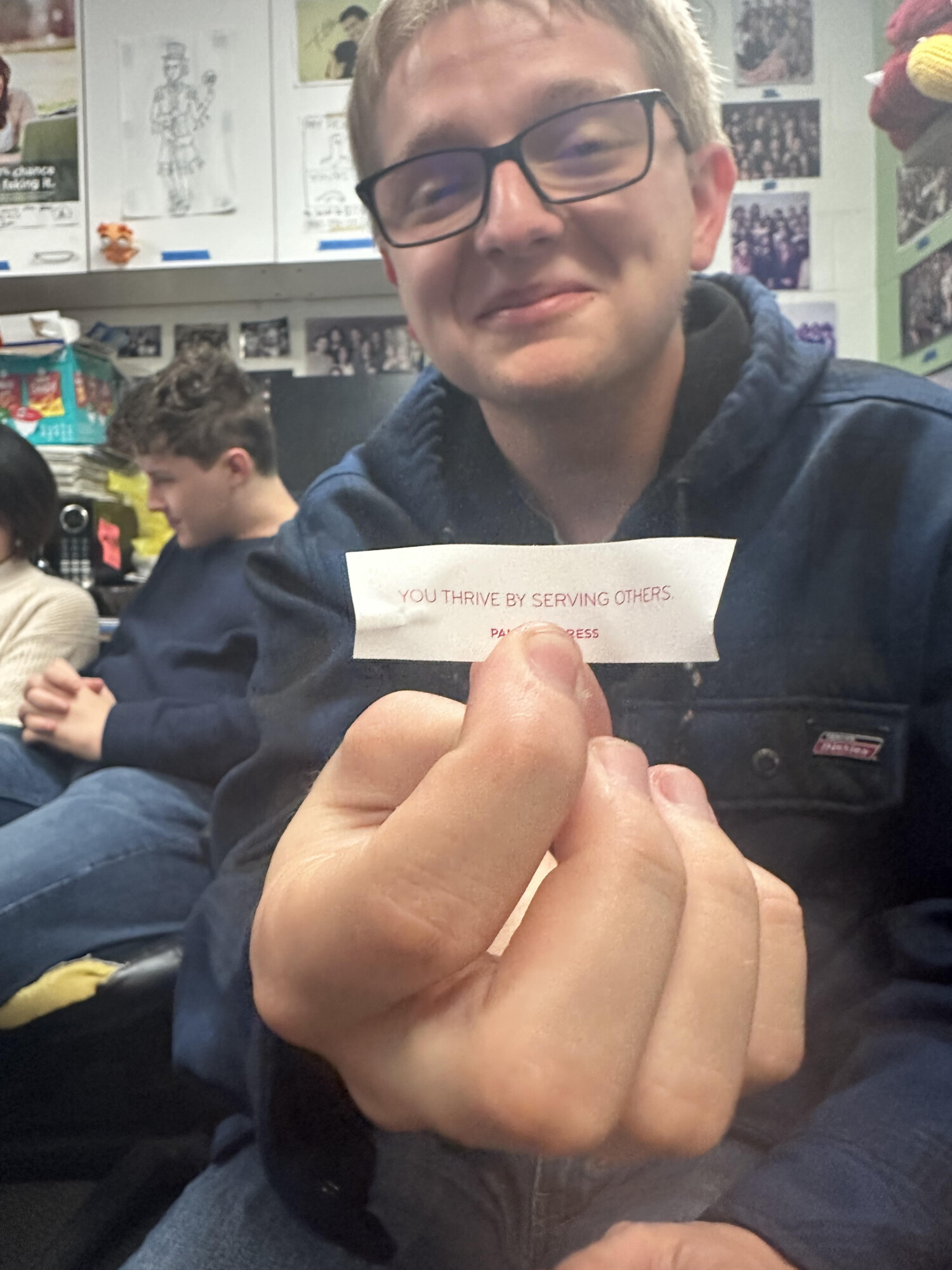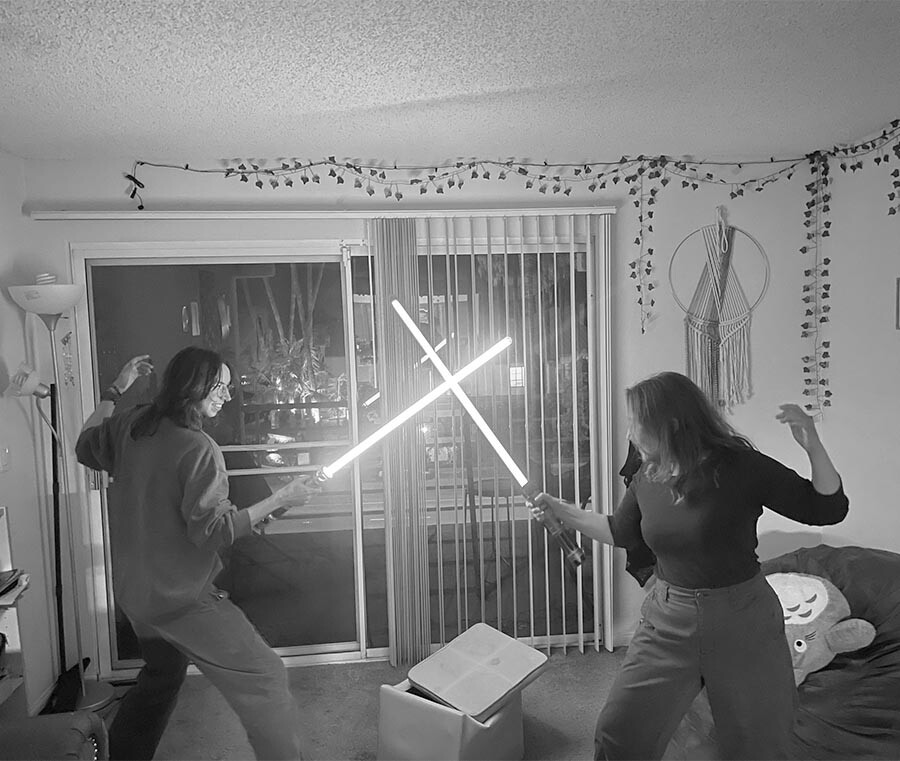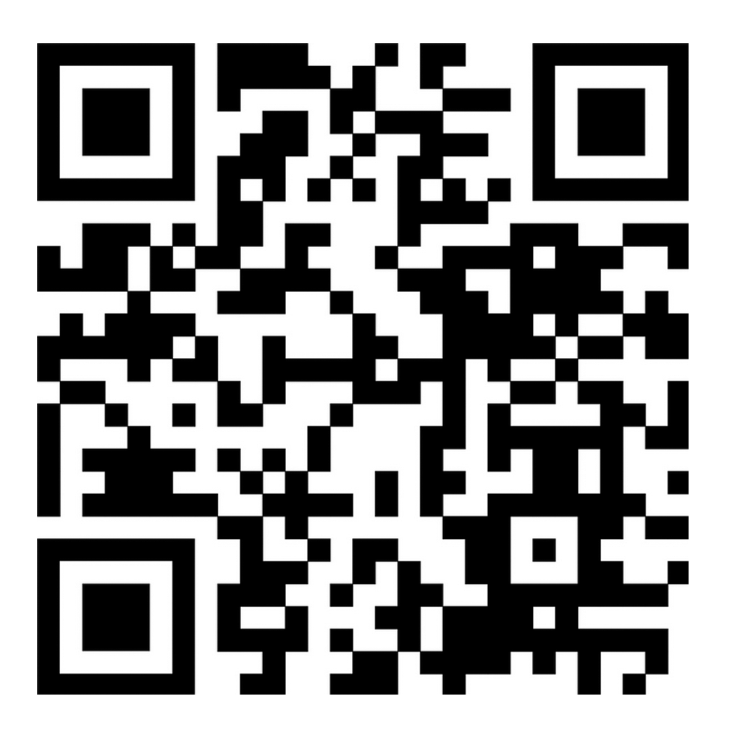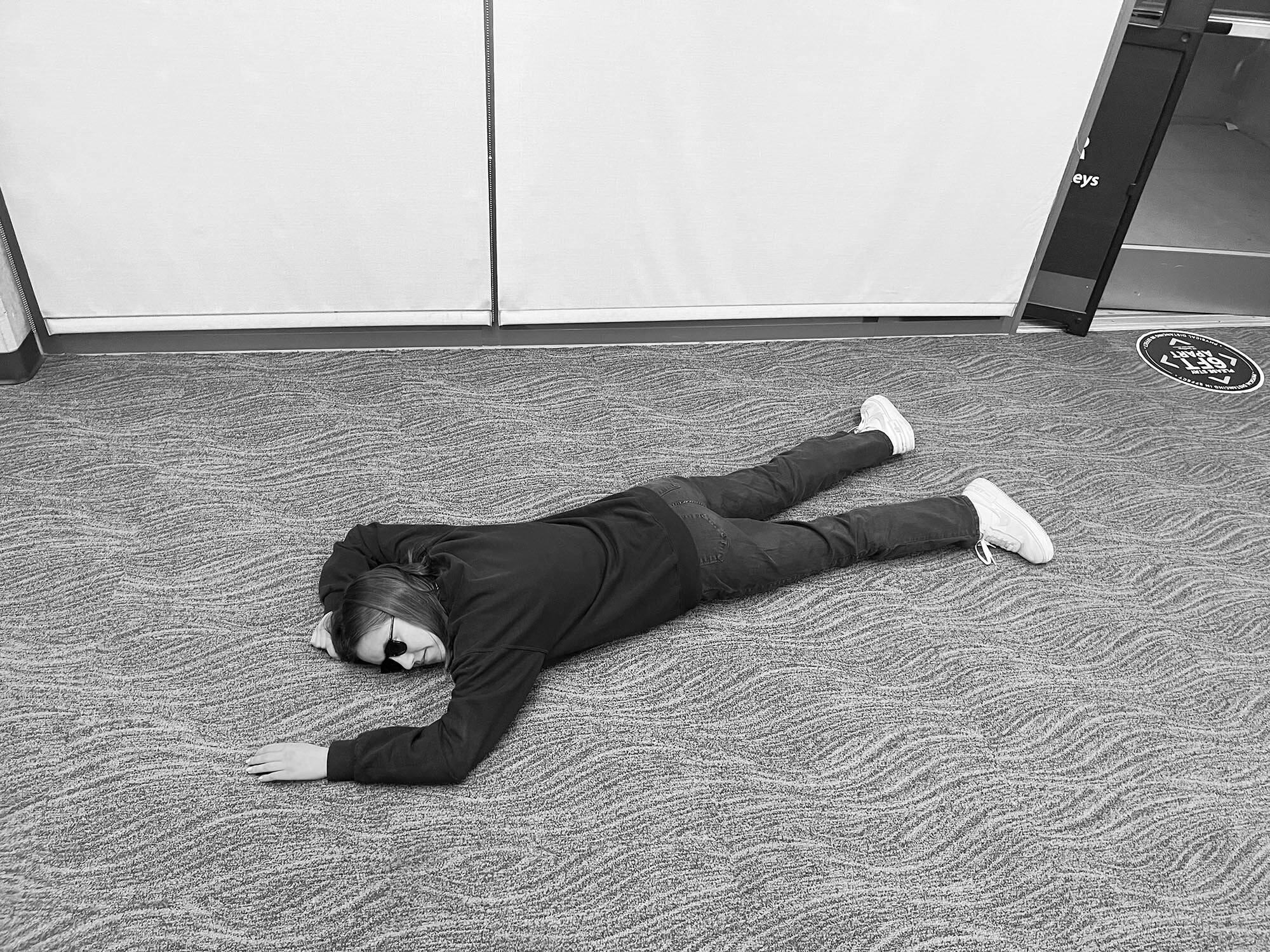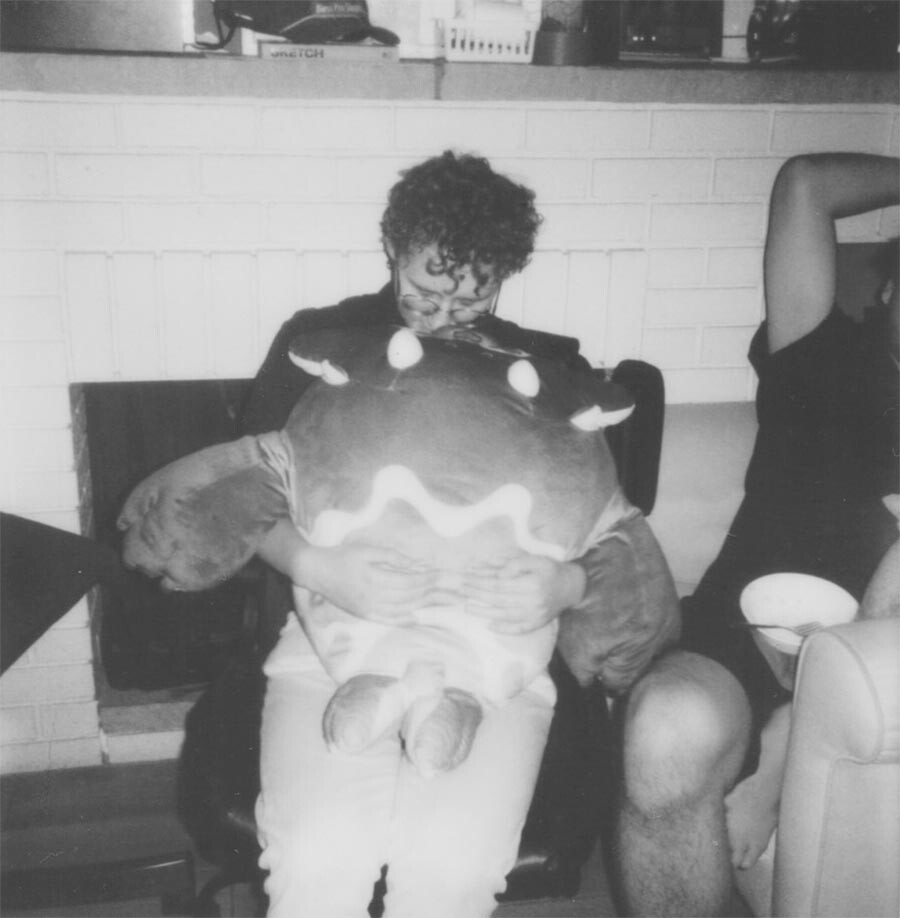Heads up – this feature is from our special Cosmopolitan issue. As such, it may not come across as it was originally meant to in print. Click here to view the original PDF! (Desktop browser recommended.)
by Luna Tampax
I was sitting in a 9 a.m. college literature section, daydreaming about the breakfast burrito I’d have after class, when it happened. The professor asked us for thoughts on the werewolf allegory. My hand shot up immediately, of course.
Everyone knows what the werewolf represents. The monstrous feminine, transformed into a hideous creature by her impure menses. The stain of blood on her teeth, in her sheets, and on her clothes — as natural a mark of true womanhood as it is a mark of our unnatural subhuman status in the eyes of men. Her most precious gift and curse is the pain of childbirth. It is her vagina which separates her from men, and renders her a social outcast. Duh!
Anyway, the person in front of me raised their hand after I did, and they got called on first. That made me really upset. I’m used to having the first word on these things, and as a white woman, I really feel that my professors don’t respect me enough or call on me when I have something to say. It’s really disrespectful. No one understands how hard it is to be invisible.
But the only thing that’s more upsetting than not being called on first in class is someone having an opinion that’s different from mine! The student claimed that lycanthropy is an allegory for the queer experience; that the werewolf was about the liminal experience of being an invisible minority, made to feel monstrous for blending into polite society with such ease while knowing who and what they really are. And I’ve never been more confused.
How could lycanthropy be a metaphor for anything other than womanhood? It’s literally about blood. Everyone knows that only women bleed. It got me thinking about the erasure of white womanhood in literature and in the classroom.
Everyone is talking about the issues of trans women, the issues of women of color, the issues of poor women. No one is talking about our issues. The issues of the women who struggle to color match their foundation and pick the right tone from the hundreds available, who live in a constant state of fear that their name will be spelled with a “-ley” instead of a “-leigh” at the end. Who are afraid that their fundamental inalienable right to ask for the manager will be denied, and a stranger will use they and them pronouns in lieu of assuming their yet more marginalized gender identity: white woman.
And then I realized: there is nothing more queer, more liminal and marginalized and invisible, than white womanhood. We live in constant fear of being found out as white women and the loss of status that it brings: having our baseless criminal accusations of strangers dismissed.
Men don’t understand us. They don’t understand us because we are women. More importantly, they don’t respect us because we are white women. Other minorities have tried to take the space that we deserve away from us, but if we come together, we can assert ourselves as white women and take up the space that we deserve; which is all of it.
So the next time you get your period, remember: no matter what anyone says, they can’t take your white womanhood away from you.
Kaz Nuckowski is a Copy Editor for the Muir Quarterly. They are usually found in Half Dome laughing and encouraging students to share their wit or giving their own suggestions to make everyone else laugh. Never doubt Kaz and their skills because they will surprise you, especially when the spread has a comic open and they are feeling inspired!





